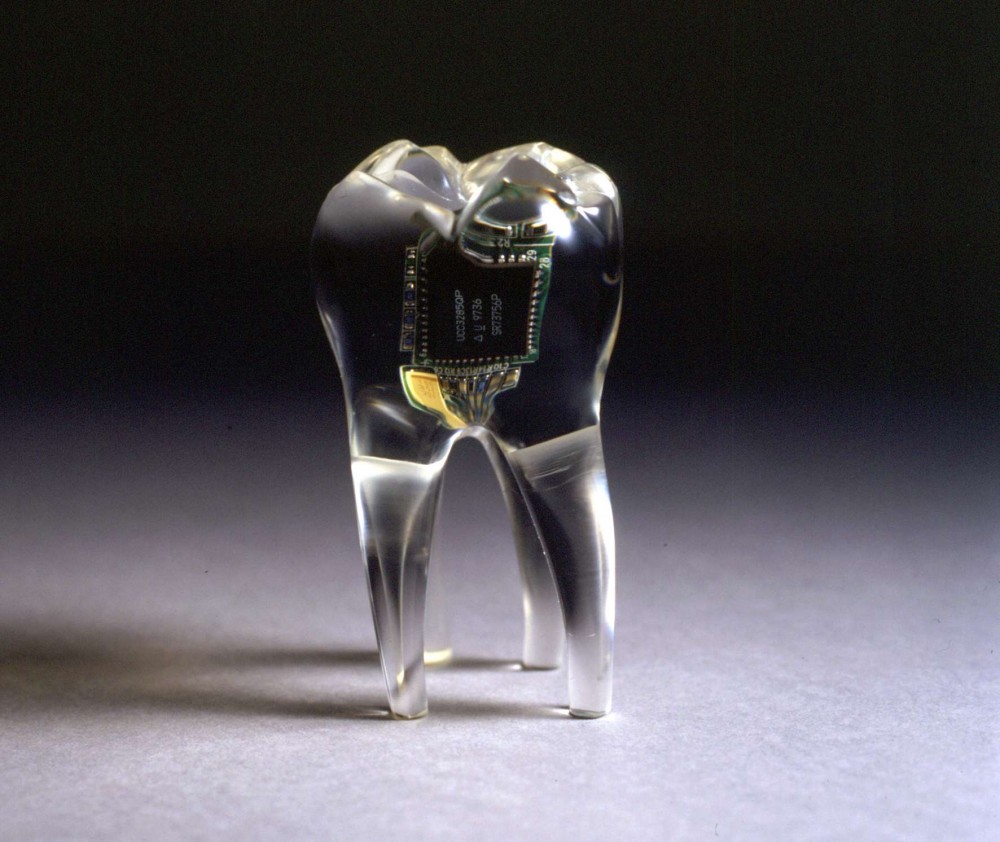In 1602 Shakespeare wrote in his play Hamlet:
“What a piece of work is a man! how noble in reason! how infinite in faculty! in form and moving how express and admirable! in action how like an angel! in apprehension how like a god! the beauty of the world, the paragon of animals—and yet,
to me, what is this quintessence of dust? Man delights not me.”
Hamlet is commenting on the nobility and beauty of man, but also about his inability to appreciate any of it. This is a key scene in Shakespeare’s play, but it is also a key element in the human condition. Our inability to be satisfied with ourselves, as individuals and as a species, drives us to evolve and grow.
Humans are not the same today as they were in 1602. We may not have grown flippers or extra fingers, but make no mistake, we have evolved and we will continue to do so. Technology has had a huge impact on our evolution in the last hundred years. Believe it or not video games have had a huge impact on technology, and by extension, human evolution.
Where we were
Games have been an integral part of the human experience since the invention of the first board game over 5000 years ago. Senet, pictures of which were found, painted on Egyptian tomb walls, dated back to pre-dynastic times (circa 3100 BC). The rules of the game remain a mystery, but it began a fascination with games that continues today. The evolution of those games is nothing less than astounding.
Over the centuries games have evolved from those simple roots. In 1904, Elizabeth Magie created a game called The Landlord’s Game. Thirty one years later, in 1935, Parker Brothers took this idea and evolved it into the game Monopoly. It took the country by storm. America’s love affair with games had begun, and oh what a journey it would be.
The first instance of a video game designed for fun was Tennis for Two designed by William Higinbotham in 1958. It used an oscilloscope screen and cathode ray tubes to display a colored “ball” that could be bounced back and forth across a 2D “net” using controllers connected to the computer. It was designed for fun, but also to show the computing capabilities and the possibility of human interactions with computers. Little did he know how far this idea would go.
Where we are
Computers continued to evolve and change and video games changed right along with them. Micro processing technology was still in it’s infancy in 1972 when the arcade game, Pong, was released. Over the next 44 years, games would continue to evolve right alongside humanity. From the first in-home gaming consoles like the Atari 2600 and ColecoVision, to the first personal computers, video games were becoming an integral part of human life.
So, what does any of this have to do with the evolution of humanity? Well, everything!
Oscar Wilde once said:
“Life imitates art far more than art imitates Life.”
It’s an old expression, but still holds true today. Games and entertainment, the art side of technology, have influenced every aspect of how we live. From how we communicate to how we view the world. Whether that is for better or worse I will leave to the historians, but ultimately we have changed, and that is undeniable.
According to the Entertainment Software Association (ESA), the U.S computer and video game industry generated $23.5 billion in revenue for 2015. That makes this industry one of the fastest growing markets in the economic landscape today. That kind of boom creates thousands of jobs and affects the financial future of our country. It also reveals something about how we spend our disposable income. We have evolved beyond creatures who simply need to survive, into a species that can create and play in new and amazing ways.
Technology has changed the way we exist in fundamental ways. Access to the internet has given us a global intelligence. Virtually every human, in most major countries, all over the world has access to this network of intelligence via a tiny device that fits in a pocket. When I was a child, we had to go to the library and look up information in a book that was written months, even years before. How was that information kept accurate? The simple answer — it wasn’t, not by today’s standards anyways. We have access to an inestimable amount of data as a species and it’s all right at our fingertips.
The internet also allows us to play games with other people all over the globe. Imagine that, people sharing entertainment, laughing, communicating, enjoying life and doing it with people they may have never met. It is entirely possible for a Muslim, a Jew, and a Christian to be playing the same game at the same time. A gay person and a straight person might be duking it out in Call of Duty, all the while laughing and having fun and no actual blood being spilled.
Games are connecting us to one another in unprecedented ways. They give us more than just entertainment. They give us hope, joy, and a connection to the world. We are changing and evolving in ways few people take the time to notice. It really is quite amazing.
Where we are going
Video games and technology are advancing hand in hand into the future. In order to make bigger and better games, the computer industry has to make bigger and better processors. That is convenient since Moore’s Law states that the number of transistors in a dense integrated circuit doubles approximately every two years. That means that processors continue to get better and faster, year after year.
As technology advances, so does the innovations that affect our evolution as a species. Yes, while cell phones and tablets keep getting better we’re much more capable of watching our silly cat videos on the go, but so much more is happening than that.
Prosthetics is a huge industry now and innovation happens constantly in that field. Through the surgical implantation of micro electronics in the brain an amputee can now move prosthetic limbs just by thinking about it. The advances in that field will, one day, change how we see ourselves as a species. Will we ever reach a point where humans with perfectly good limbs will choose to replace them with bionics because they make us stronger and faster? Only time will tell.
This is a theme much explored in the Deus Ex game series. The latest installment, Deus Ex: Human Revolution has inspired a renewed interest in the field, or perhaps a re-doubled interest would be more accurate. Despite the decidedly dystopian tone of the games, people are excited about the possibilities it may predict. After the release of one their gameplay trailers the developers began receiving inquiries from amputees asking to purchase the artificial limbs featured in the game. Sadly they don’t make artificial limbs, just video games.
One company — Open Bionics is actually working with the game designers to design prosthetic limbs modeled after the one worn by the main character, Adam Jensen. It will eventually be available to anyone at a lower price point than any prosthetic device in history. The company claims they will make the design files open source, so anyone with a 3D printer will be able to make one. (Read more on this in our interview with Open Bionics.)
Virtual reality is another field inspired by gaming, but will advance us as a culture. The practical applications are staggering. Imagine being able to tour Pompeii they way it would have looked before the whole rivers of lava thing happened. We can do that with today’s technology. Imagine the first manned mission to mars, being there in the spacecraft with the astronauts as they take off on that adventure. We might be able to see and experience these and many more things. There is a huge difference between reading about history and actually living it.
Wearable technology like heads-up display glasses and smart watches are making technology more accessible and easier to integrate into our daily lives. Are we one step away from surgical implants that put the tech right into our bodies? Some experts think that is exactly what comes next. While this frightens many people and raises significant ethical questions, there is a group that call themselves “Transhumanists” that embrace this kind of future.
Love it or hate it, fear it or accept it, one thing is certain — technology has changed our lives and video games have been a huge part of that evolution. Where we go from here is anyone’s guess, but you can bet that technology and games will play a major part in our lives for many years to come.










Published: Jun 16, 2016 02:22 pm